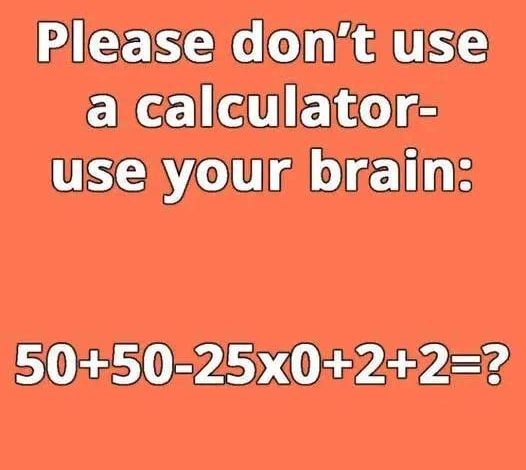The Importance of Mental Math in Cognitive Development

ADVERTISEMENT
The Importance of Mental Math in Cognitive Development
In an age dominated by digital technology, where calculators and smartphones are never far from reach, the significance of mental math often goes unnoticed. However, engaging in mental arithmetic is more than just a parlor trick or a classroom exercise; it serves as a crucial component in cognitive development and lifelong learning.
Why Mental Math Matters
1. Enhances Problem-Solving Skills: Mental math requires critical thinking and pattern recognition. Solving problems without the aid of a calculator encourages individuals to understand the underlying concepts rather than just following formulas, leading to better problem-solving skills.
2. Boosts Memory and Concentration: Regular practice of mental arithmetic can help improve memory by requiring the brain to juggle numbers and operations. This mental exercise increases concentration, focus, and the ability to recall information quickly.
3. Supports Real-Life Skills: From calculating a tip at a restaurant to adjusting a recipe or even planning a budget, mental math is a daily necessity. These skills empower individuals to handle everyday tasks more efficiently and with greater confidence.
Encouraging Mental Math Practice
Engaging with math problems, like the one displayed in the previously mentioned image, can be a fun and effective way to sharpen one’s mental math skills. These challenges encourage learners of all ages to think critically and to use logical reasoning, which are invaluable skills both in academic settings and in everyday life.
ADVERTISEMENT
The Cognitive Benefits
Research has shown that students who practice mental arithmetic regularly tend to have higher overall academic achievement. Furthermore, this practice can also delay the onset and reduce the effects of cognitive decline associated with aging, making it a beneficial exercise for maintaining brain health throughout life.
Conclusion
As trivial as they may seem at first glance, simple math problems are gateways to enhanced cognitive functions. They instill a robust foundation for logical reasoning, quick thinking, and precise calculation. Thus, incorporating mental math exercises into daily routines is not just about answering questions more quickly; it’s about fostering a sharper, more agile mind capable of tackling a wide range of challenges.
This article underscores the broader educational and cognitive advantages of engaging regularly with mental math. If you need a more detailed exploration or a different focus, feel free to let me know!




